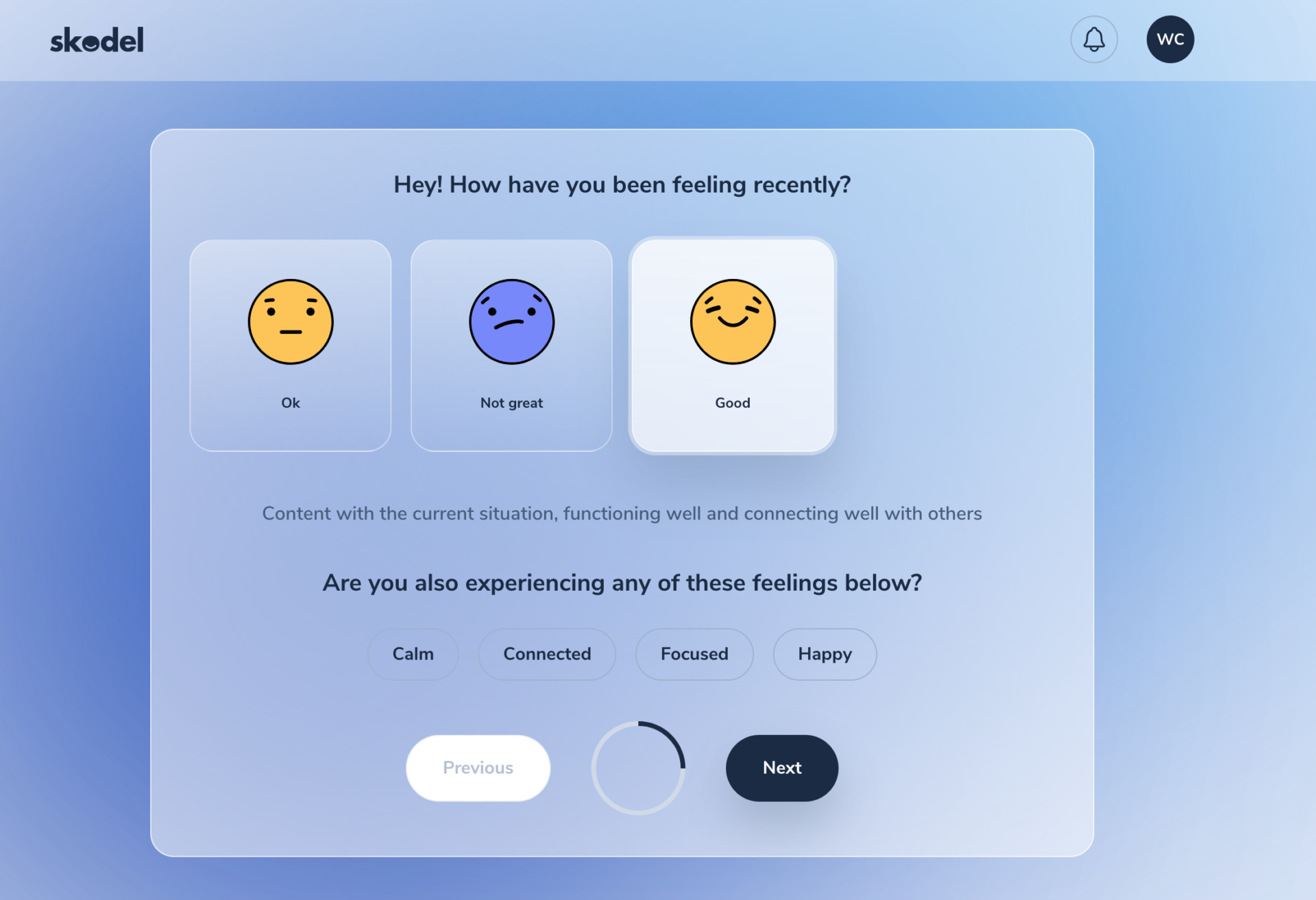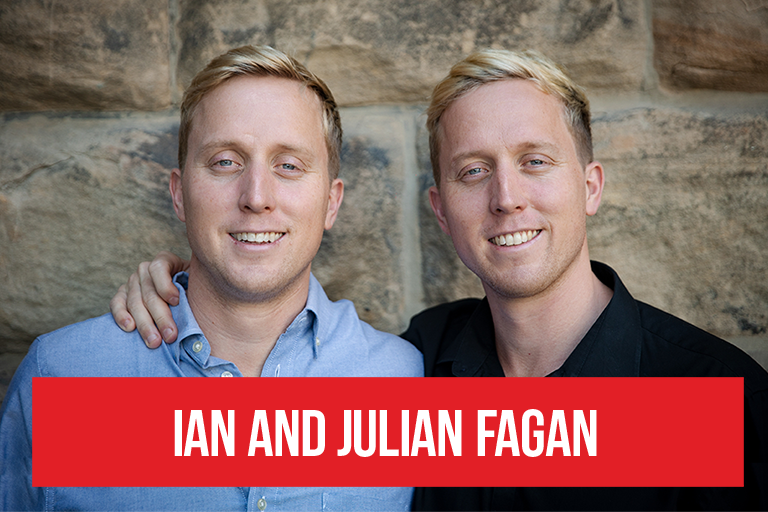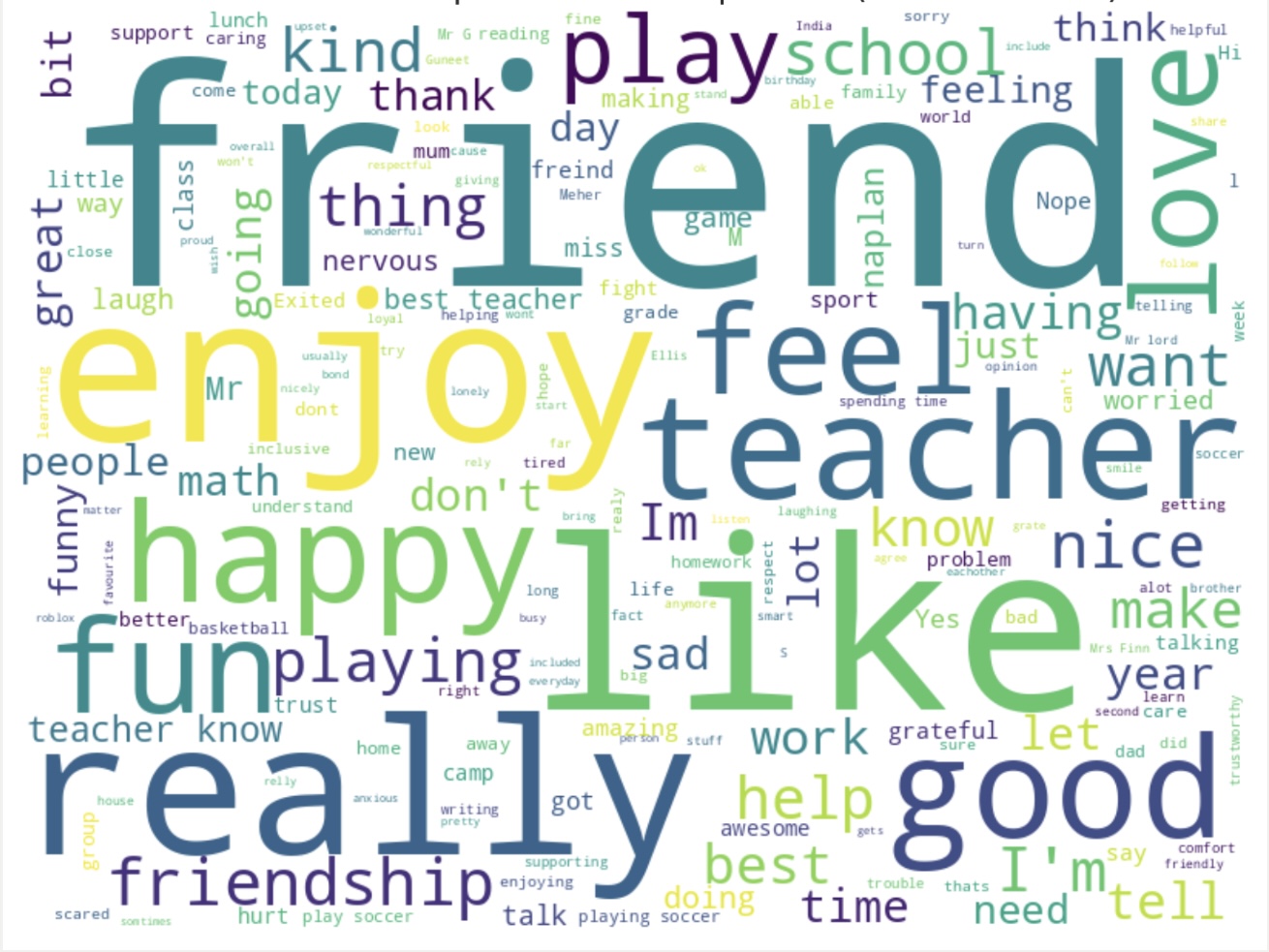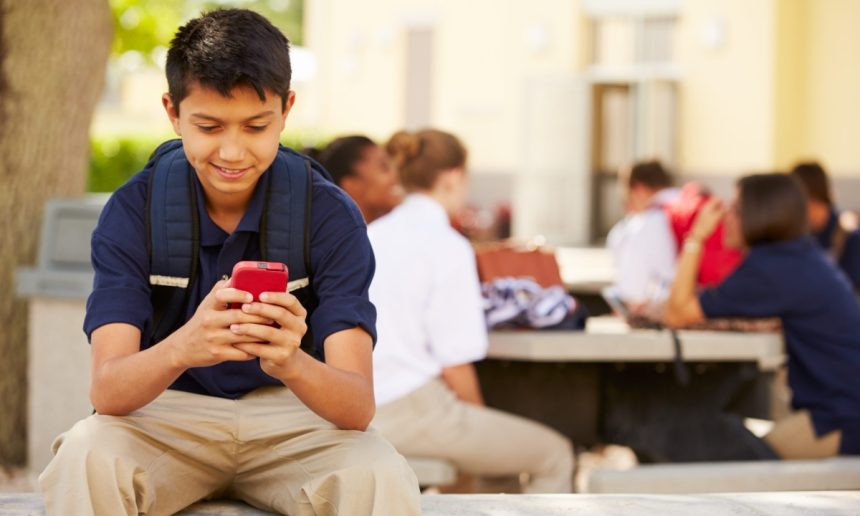This year’s NAB Education Insights Special Report delves into how young people really feel about their lives and uncovers some startling truths. Student well-being is a key focus, with one in five high school-age students identifying as having ‘low’ levels of mental well-being, and almost half of all students surveyed saying school well-being programs did not help much.
The report also reveals a large well-being gap between boys’ schools (74.0) and girls’ schools (59.3), and while 15 per cent of parents said there was nothing the school could do to help, 98 per cent of students believed there was.
Which is where Skodel comes in.
There’s an app for that

Skodel is the brainchild of twin brothers Julian and Ian Fagan. It’s an internal feedback tool that allows people to send short, personable check-ins to everyone in the organisation. They came up with the idea after navigating their own mental health challenges while still at school.
“Ian went through a mental health struggle in year 12 where he was in and out of hospital,” explains Mr Fagan. “He valued having me there as an outlet so he could express himself without fear. Many don’t have that outlet. So, the initial foundations of Skodel were based around giving people a comfortable outlet to start the mental health conversation.”
The men were motivated by a desire to address the gap between the number of people struggling with mental illness, and the number of people actually getting support.
“It’s very intimidating to share a struggle with anyone. You want to do it privately but then you also want to trust that you will get the support you are looking for. Our aim was to close that gap,” Mr Fagan told The Bursar.
“Part of this was related to people not speaking up or being unaware of available support but there were also factors we saw driving this silence and lack of awareness, particularly in a school setting.”

Skodel for schools
Skodel for schools allows educators to send secure mental well-being check-ins, link students to support, and produce transparent well-being impact reports to inform well-being strategies.
“We started in schools because mental illness is particularly prevalent among young people. It has since expanded into supporting teachers as we recognise the impact an energised and mentally well teacher can have on the young people in their classroom,” says Mr Fagan.
These impact reports lay the groundwork for positive culture change, by assisting parents and the wider community with early identification and prevention of issues, as well as equipping educators with the data to report on the impact of any support being offered – and to responsively adjust these measures in real time.
Why it works
According to Mr Fagan, it’s the action steps at the end of a check-in that have the greatest impact on the student experience.
“When we first released these, we had over 1,000 students add actions to their action plan in the first week. Which means this isn’t a passive data collection exercise, or an outlet with no response.”
Instead, each check-in leads to simple, targeted action steps that students can take to either maintain a positive status quo, make adjustments to improve things, or connect them with the professional support they need to thrive.
And the biggest influence on student well-being? Mr Fagan tells The Bursar it’s connection to friends, families and teachers – along with a good night’s sleep.
“We get a 60 per cent completion rate and most students are either tired or happy. We also ran a study and found 88 per cent of students said Skodel had a positive influence on their well-being and 90 per cent said they feel either more comfortable, or much more comfortable, sharing their mental health since Skodel was introduced.
Below is a word cloud made by primary school students who use Skodel.

How students are using the app
For the most part, students use the app in the way its founders expected. But there is one unexpected bonus.
“We approached it mainly from the ‘outlet for support’ aspect but there’s been a lot of positive stories shared which we didn’t anticipate,” says Mr Fagan. “Some of our best success stories were simple ‘thank you’ messages to teachers, which otherwise may not have taken place. Those words mean a lot to teachers and, coming from young kids, a thank you can hold extra significance.”
For some, the app has had an incredible impact.
“We had a young girl share a violent incident that led to them being moved to a safe and supportive environment,” Mr Fagan told The Bursar. “The school was unaware of it and the young girl could not share this at home. The school mentioned that, without Skodel, this may never have been picked up.”
Next on the itinerary
Workplaces and a parent model are next on Mr Fagan’s hit list.
“With workplaces, the main drive is addressing the new psychosocial legislation, where mental health risks must be monitored in the same way physical risks are monitored.
“The second area is a parent model. Parents have the greatest emotional investment in the well-being of their child, so we want to support them with insights and strategies they can use to build the social and emotional development of their child,” he says.
Skodel’s founder has an interesting take on tech as the future of wellbeing:
“I think technology has created a bit of a disconnect from a social standpoint. The idea with Skodel is to start the conversation and shift it into a meaningful interaction or action offline. Like linking someone with a psychologist, encouraging someone to have that difficult conversation that needs to be had or encouraging a bit of exercise.
The tech is just an easier way to break the ice on a lot of these feelings trapped inside, but ideally it encourages a positive change in the ‘real world’.”








